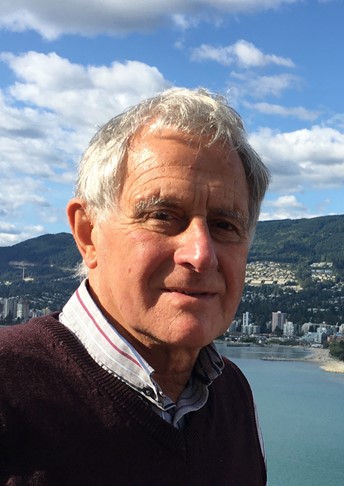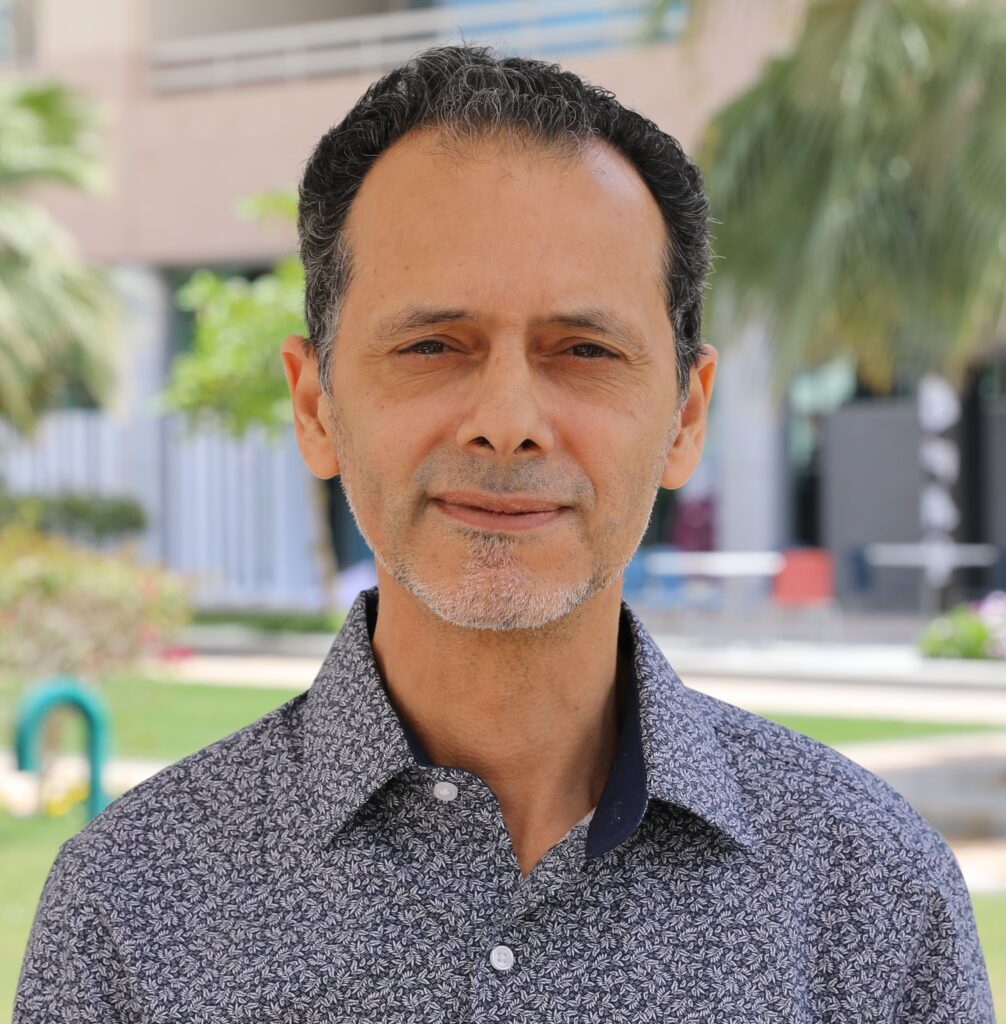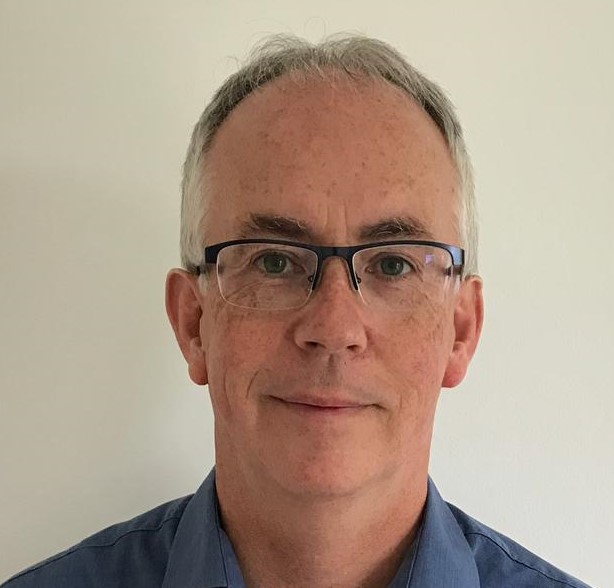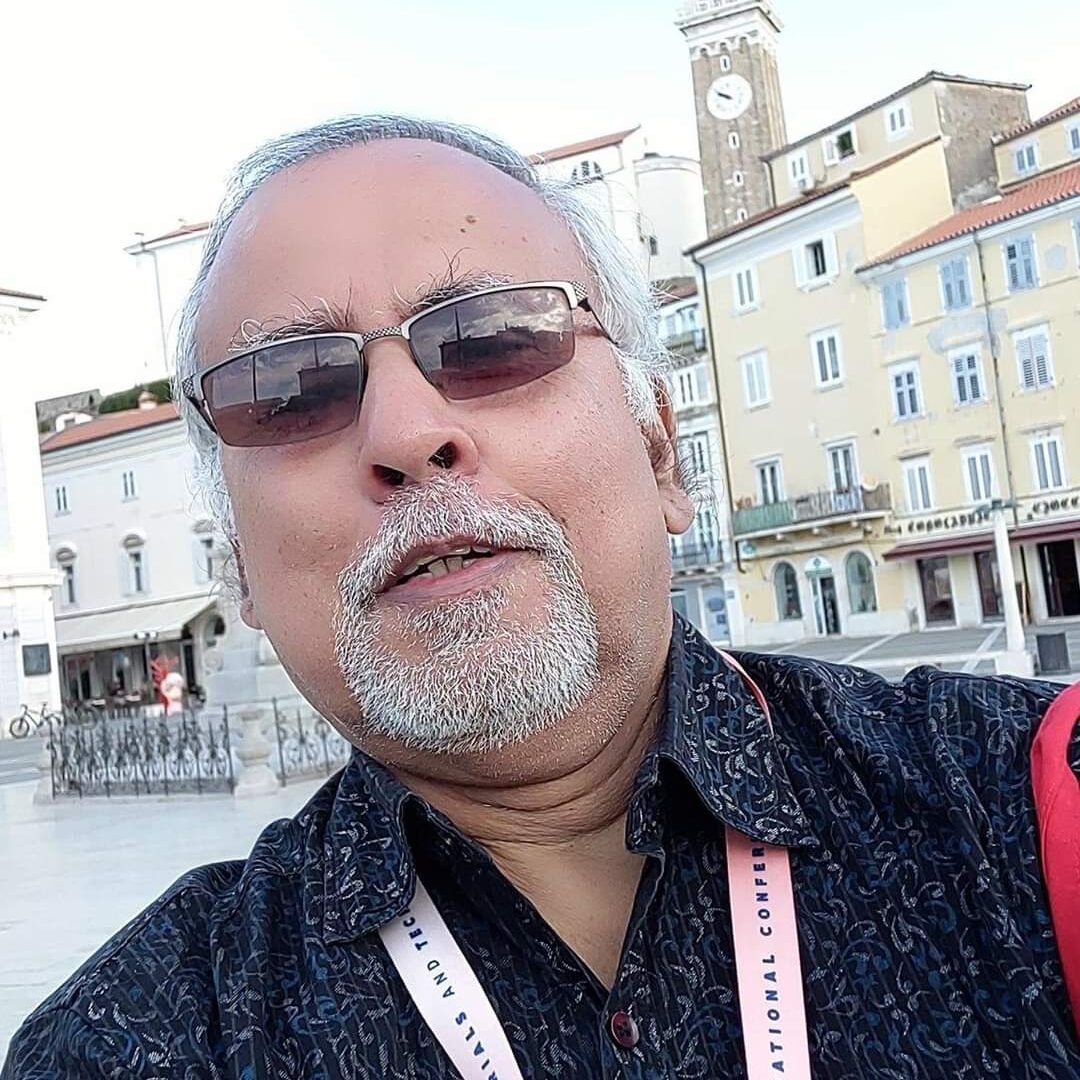Philosophical Magazine Letters is converting to open access from its 2023 volume.
Philosophical Magazine Letters, launched 35 years ago as the daughter journal of Philosophical Magazine, is converting to be fully open access from its 2023 volume.
The conversion of the journal to full open access will provide the benefits of increased readership and visibility, and compliance with an ever-increasing number of research funders’ mandates.
In addition to increasing its accessibility to readers, Philosophical Magazine Letters is broadening its scope and will publish research articles, short communications, and review articles across the broad area of physics.
As part of the transition to open access, all manuscripts received from 23 August 2022 will proceed through Philosophical Magazine Letters‘ new open-access submission portal. Authors who submit from this date will be required to pay an article publishing charge (APC). APCs can often be paid by an author’s research funder or institution, through pre-existing arrangements with Taylor & Francis.
See full Instructions for Authors, including details on how to submit your article and APCs here.
We look forward to receiving your submissions and hope that you will join us to embrace Philosophical Magazine Letters‘ new open access future.
Editor-In-Chief
I am excited about Philosophical Magazine Letters becoming an open access journal. The change will benefit authors by ensuring their papers reach a wider audience and can be freely shared without restrictions. – Professor Edward A Davis, Editor-in-Chief
After graduating in physics from the University of Birmingham and undertaking PhD research at the University of Reading, Professor Davis has held positions at the University of Illinois, the Xerox Corporation (USA), the University of Cambridge and the University of Leicester. He is currently a Distinguished Research Fellow in the Department of Materials Science and Metallurgy at the University of Cambridge, UK.
His research interests are in solid-state physics, particularly semiconductors, amorphous materials and glasses. He is currently studying the work of the Victorian scientist and Nobel Laureate Lord Rayleigh, in addition to helping with the preservation of Rayleigh’s original laboratories around which he conducts regular tours.
Professor Davis is Chairman of an International Advisory Committee responsible for organising a biennial series of conferences on the history of physics. He has authored or co-authored 7 books and over 200 papers.

Meet the Co-Editors



Professor Mohamed Bououdina is the Leader of the “Energy, Water, and Environment” Research Lab at Prince Sultan University in the Kingdom of Saudi Arabia. He holds a PhD in Physics from Grenoble Alpes University – France. He has over 20 years of teaching and research work experience and occupied several positions at leading research institutions and academia
He has broad background and extensive expertise in Physics, Materials Science & Engineering, Nanotechnology and Energy, specifically in Materials fabrication, analytical / spectroscopic characterizations, and properties / performance for cutting-edge technologies. He published over 450 papers in ISI indexed journals, over 20 book chapters, and 2 indexed books.
David Browne is Professor of Materials Science and Engineering at University College Dublin (UCD), Ireland. David graduated with an honours BE in Mechanical Engineering from UCD in 1985. He was awarded a D.Phil from University of Oxford in 2003.
David’s research interests are in phase transformations in alloys, particularly solidification, and in high performance alloys such as bulk metallic glasses and high entropy alloys.
He was the Vice-Principal for Research, Innovation and Impact in the UCD College of Engineering and Architecture from 2014 to 2019. David has published over 230 papers, including over 100 in international peer-reviewed journals.
Professor Nirupam Chakraborti was educated in India and in the USA, receiving his B.Met.E from Jadavpur University followed by an MS from New Mexico Tech, USA and subsequently PhC and PhD degrees from University of Washington, Seattle, USA.
Internationally known for his pioneering work on evolutionary computation in the area of Metallurgy and Materials, Professor Chakraborti is rated among the top 2% highly cited researchers in the Materials area, as per the recent reports published from Stanford University in the USA.
In 2020, an issue of a prominent Taylor of Francis journal, Materials and Manufacturing Processes was dedicated to him. For the last twenty years he has been regularly guest editing genetic and evolutionary computation issues of this journal and now plans to bring in that rich experience to Philosophical Magazine Letters.
Contribute to Philosophical Magazine Letters
The journal is particularly interested in receiving short- and medium-length articles, and review articles, within the broad scope of physics, including:
important preliminary research findings for rapid communication;
theoretical;
experimental;
applied;
and computational research.
There is a comprehensive description of the journal scope as well as a clear set of instructions for authors on the journal website.
We look forward to receiving your submissions and hope you join us to embrace Philosophical Magazine Letters’ open access future.